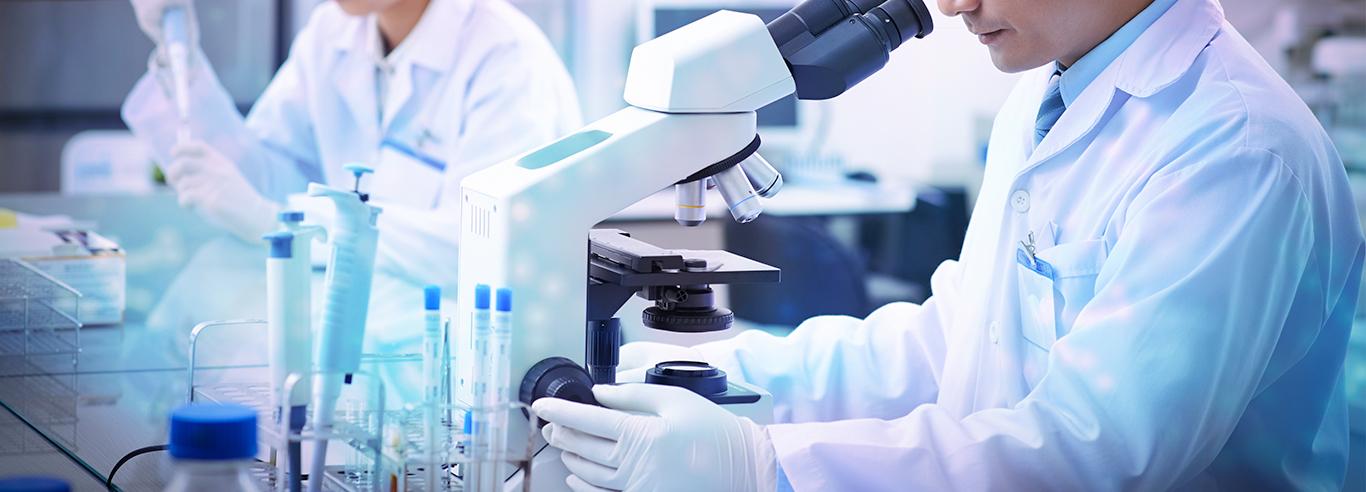The Role of Laboratory Diagnostics in Medical Practice
Today, diagnostics in Tashkent is impossible without high-quality laboratory testing. Analyses are essential for:
• primary assessment of health status;
• detection of functional disorders;
• monitoring disease progression;
• evaluating treatment effectiveness;
• controlling postoperative indicators.
Laboratory diagnostics is widely used in therapy, surgery, cardiology, endocrinology, gastroenterology, and many other fields.
Modern Laboratory Methods
Laboratory diagnostics in Tashkent is based on automated systems, high-precision analyzers, and certified reagents. This ensures high reproducibility of results and minimizes human error.
Main areas include:
• clinical blood and urine tests;
• biochemical studies;
• immunological diagnostics;
• hormonal testing;
• coagulation tests;
• microbiological studies;
• molecular genetic methods.
All tests are performed according to established protocols and quality control standards.
Integration into the Diagnostic Process
Laboratory data is closely integrated with imaging and instrumental methods such as ultrasound, X-ray, CT, MRI, and endoscopy.
Within a comprehensive diagnostic approach, laboratory indicators help to:
• уточнить instrumental findings;
• detect hidden changes at early stages;
• create individual examination plans;
• monitor dynamics over time.
This improves diagnostic accuracy and patient management.
Quality Control and Safety
Modern laboratories strictly follow quality standards, including:
• equipment calibration;
• internal and external quality control;
• use of certified reagents;
• compliance with санитарно-эпидемиологические norms;
• protection of patient data.
This guarantees reliable and accurate results.
Inpatient and Outpatient Laboratory Diagnostics
Laboratory testing is essential both in outpatient care and inpatient treatment. It is a key part of preoperative preparation, postoperative monitoring, and dynamic follow-up.
In hospitals, laboratory diagnostics enables rapid assessment, timely clinical decisions, and monitoring of vital organ functions.
Professional Qualification of Laboratory Staff
Accuracy depends not only on technology but also on specialists’ expertise. Qualified laboratory physicians, biochemists, and microbiologists ensure high standards through continuous training.
Advantages of Modern Laboratory Diagnostics
Patients benefit from:
• a wide range of tests in one place;
• high accuracy and reliability;
• compliance with international standards;
• fast turnaround times;
• integrated diagnostic services.
Conclusion
Laboratory diagnostics is the basis of objective health assessment and a vital component of modern healthcare. Advanced technologies, qualified specialists, and integrated approaches make laboratory diagnostics in Tashkent an essential part of an effective healthcare system.

